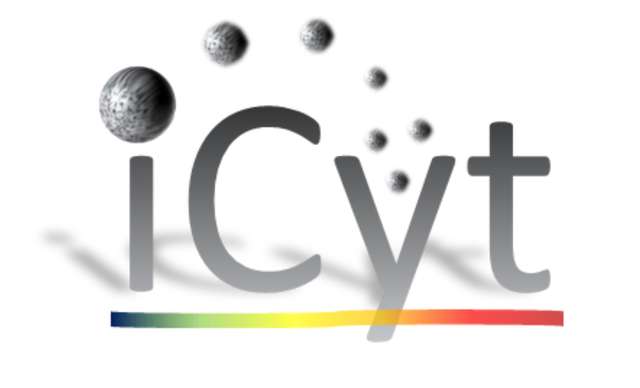integrative Cytomics platform (iCyt)
Diversity of microscopic biological particles plays a crucial role in important ecosystem services, e.g. water quality (phytoplankton), air quality and pollination (pollen). Many human-driven activities like climate change, eutrophication or invasive species are expected to massively change the composition of pollen abundance and phytoplankton communities. Monitoring of these tiny particles is therefore an essential task in order to detect diversity changes, issue short-term warnings, generally understand and estimate consequences for ecosystems and society, to communicate these observations in a timely way and to support and derive suitable actions. The monitoring tasks for air and water quality as well as plant-pollinator monitoring are currently performed via microscopic counting which strongly limits sampling capacity and frequency and, as a consequence restricts monitoring to low spatial and temporal resolutions. The iDiv support unit called “iCyt” (“integrative Cytomics”) will measure cells in suspension independent of their origin (water, soil or air samples of plant, animal or human origin). Our unique cutting-edge high-throughput measurement abilities of individual particles in powerful combination with deep-learning algorithms represent a transformative advance for improved air and water quality monitoring, as well as the study of plant-pollinator interactions. In addition, flow cytometry allows studying the DNA quantity of isolated plant nuclei to do ploidy-analysis of plants. The ploidy status of a plant has important ecological implications with respect to trait analysis and physiological performance of plants, relevant for ongoing biodiversity research.
The iCyt-platform facilitates utilization of existing infrastructure to support different kinds of research projects within the German Centre for integrative Biodiversity research (iDiv). The iCyt-platform is co-financed by UFZ and iDiv. Several instruments (ImageStream X Mk II, FacsAria II, Accuri, Multisizer) are available to describe various structural properties of cells in suspensions. Flow cytometry allows a semi-automatic high-throughput workflow that allows orders-of magnitude increase in sample processing compared to existing highly time-consuming microscopic methods.
